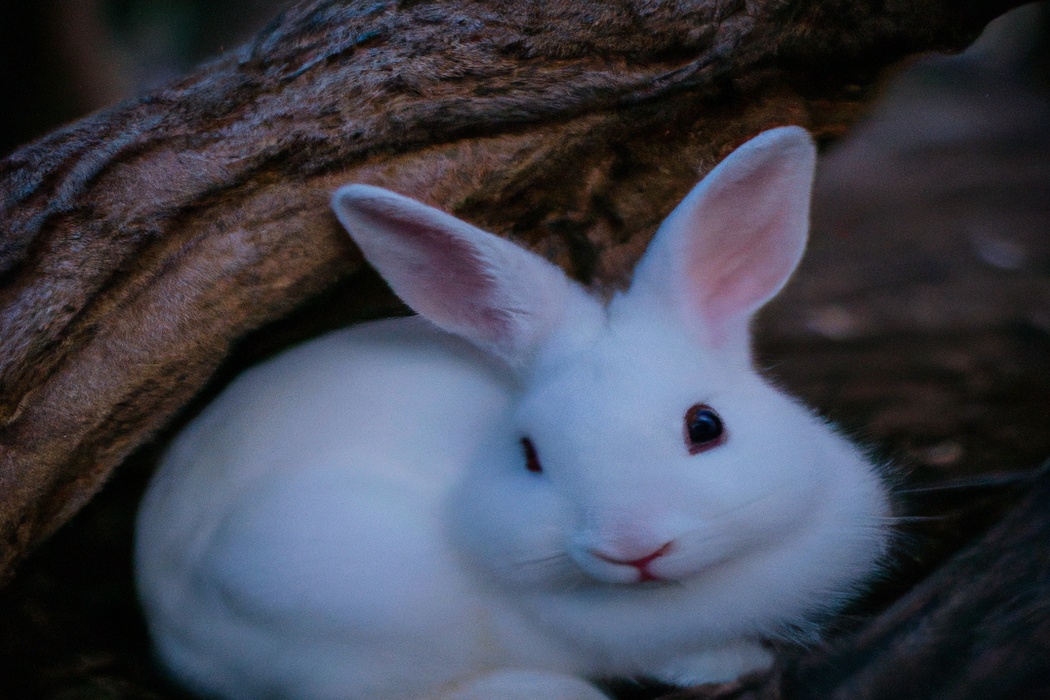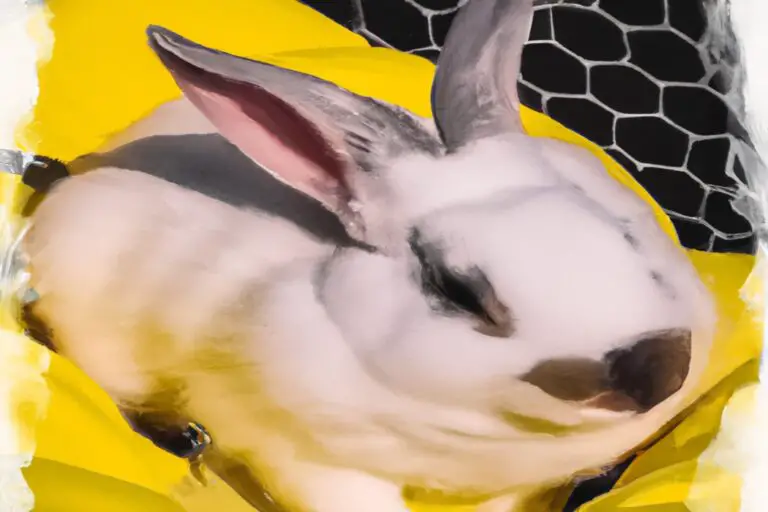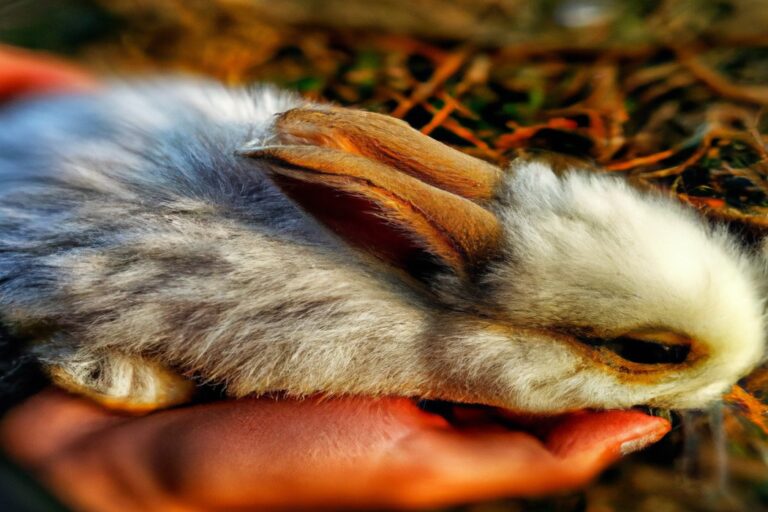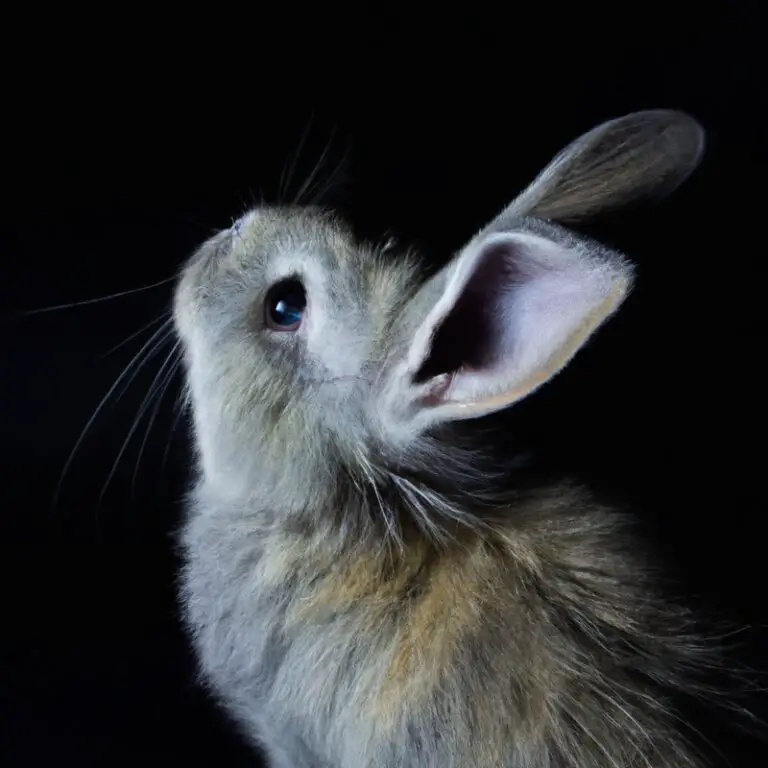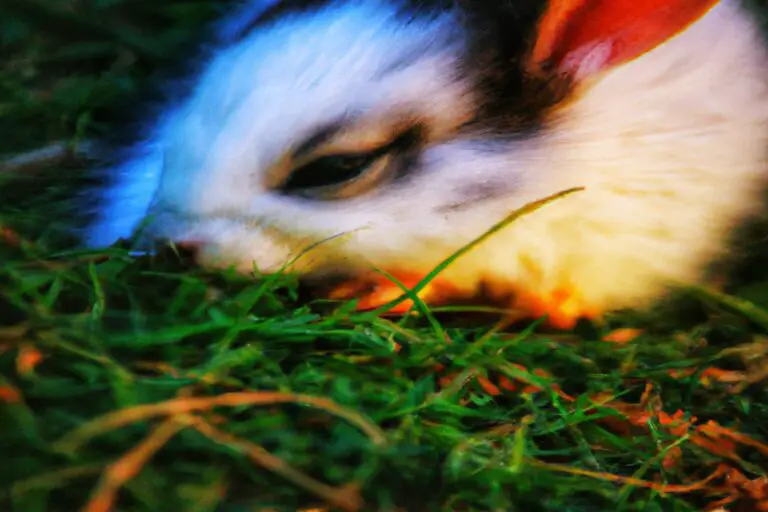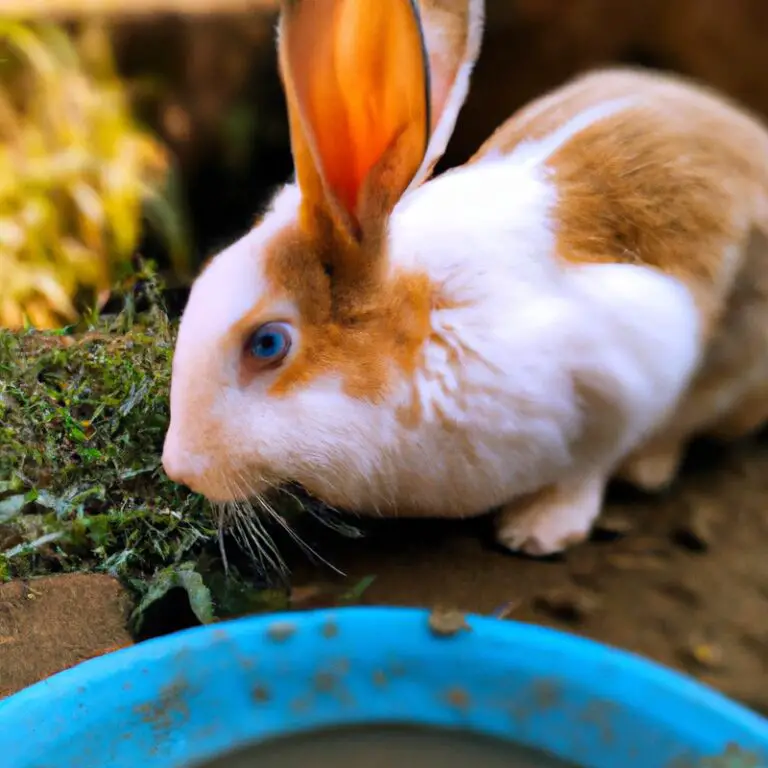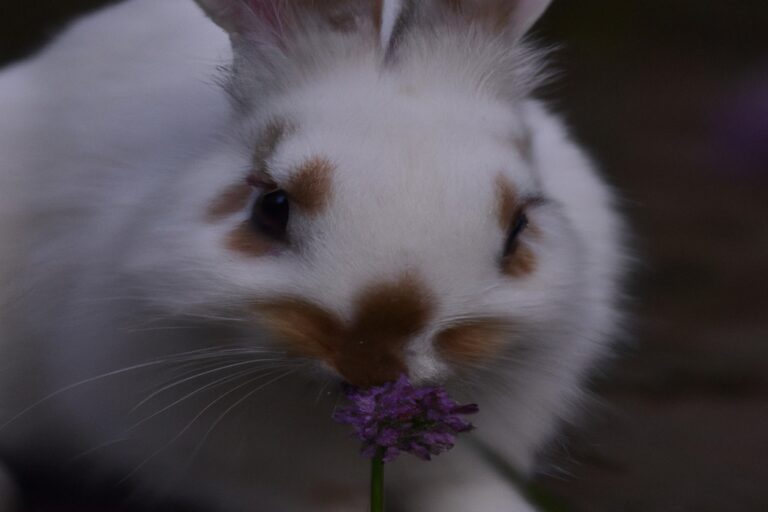Can Rabbits Have Butternut Squash – A Tasty Treat for Bunnies!
Key Takeaways:
- Butternut squash can be safely fed to rabbits as part of a balanced diet.
- Introduce butternut squash gradually to your rabbit’s diet and monitor for any adverse reactions.
- Remove seeds and skin before feeding butternut squash to rabbits.
- Butternut squash should be given to rabbits in moderation to prevent digestive issues.
Curious about what your furry friend can munch on? Well, let’s talk about rabbits and butternut squash! Can they indulge in this tasty vegetable?
The answer might surprise you.
In this article, we’ll dive into whether or not it’s safe for rabbits to enjoy butternut squash, and we’ll explore the nutritional benefits it can offer. We’ll also discuss the precautions you should take and how to introduce this delicious treat into your rabbit’s diet.
Plus, we’ll share some other safe and healthy vegetable options for your hopping companion to nibble on.
So, let’s hop right in and get started!
| Topic | Can Rabbits Have Butternut Squash? |
| Question | Is butternut squash safe for rabbits to eat? |
| Pros | Cons |
| Nutritional Benefits | 1. High in fiber 2. Good source of vitamin A and C 3. Contains antioxidants |
| Digestive Issues | 1. Can cause gas or bloating if fed in large quantities 2. High sugar content can lead to obesity or dental problems if overfed |
| Feeding Recommendations | 1. Offer small amounts as occasional treats, not as a staple food 2. Remove seeds, skin, and cook before feeding 3. Introduce gradually to monitor for any negative reactions |
| Expert Opinions | 1. Some experts recommend limiting butternut squash intake due to its high sugar content 2. Moderation is key to prevent any potential health issues |
Can rabbits have butternut squash?
Yes, rabbits can have butternut squash as part of their diet, but there are important considerations to keep in mind.
Overview of feeding rabbits butternut squash
Rabbits can enjoy butternut squash as part of their diet. It is a nutritious vegetable that provides essential vitamins and minerals.
However, moderation is key.
Offer small quantities of butternut squash as a treat, not as a primary food source. Introduce new foods gradually to avoid digestive issues.
Always wash the squash thoroughly and remove any seeds or tough skin before feeding it to your rabbit.
Observe your rabbit for any adverse reactions and consult a veterinarian if you have concerns.
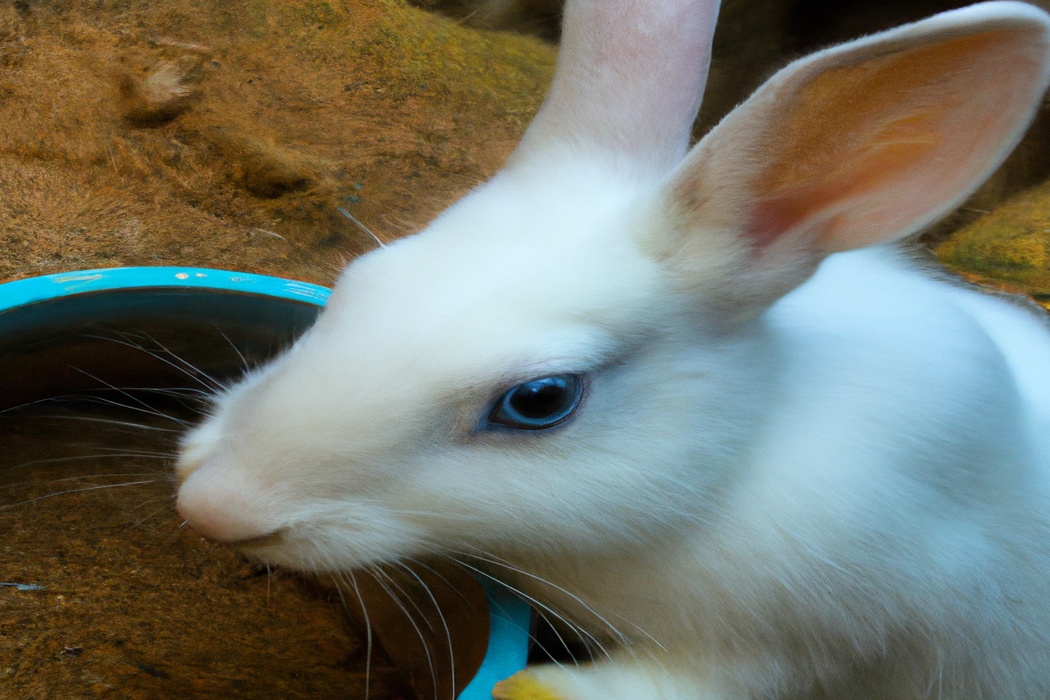
Nutritional benefits of butternut squash for rabbits
Butternut squash is a nutritious addition to your rabbit’s diet. It is rich in vitamins A, C, and E, which are important for maintaining a healthy immune system and promoting good vision.
The high fiber content in butternut squash aids in digestion and helps prevent gastrointestinal issues.
It also contains antioxidants that can benefit your rabbit’s overall health. Remember to introduce new foods slowly and in moderation to avoid digestive upset.
Offer butternut squash as a occasional treat alongside their regular diet of hay, fresh vegetables, and pellets.
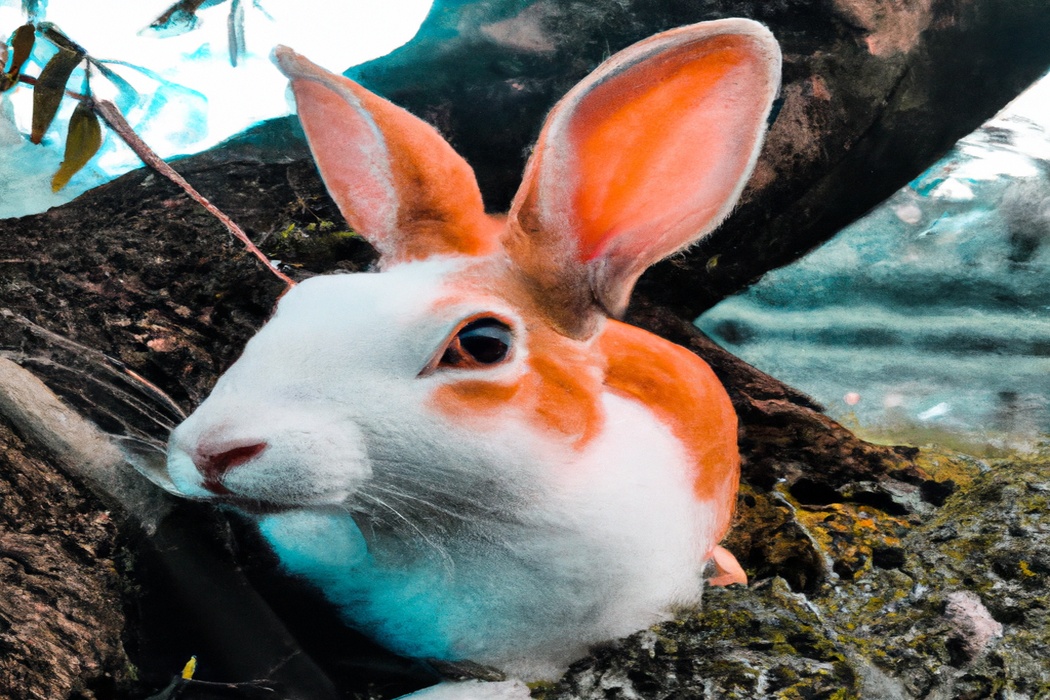
Precautions and considerations when feeding butternut squash to rabbits
When feeding butternut squash to your rabbits, there are a few precautions and considerations to keep in mind.
Here are some important things to remember:
- Moderation is key: While butternut squash can be a healthy addition to your rabbit’s diet, it should be given in moderation. Too much can cause digestive upset.
- Introduce gradually: If you’re introducing butternut squash to your rabbit for the first time, start with small amounts and gradually increase over time. This helps their digestive system adjust to the new food.
- Fresh and organic: Always choose fresh and organic butternut squash, free from any pesticides or chemicals. Wash it thoroughly before feeding to remove any dirt or residue.
- Remove seeds and skin: Before feeding butternut squash to your rabbit, make sure to remove the seeds and peel off the skin. The seeds can be a choking hazard, and the skin is difficult for rabbits to digest.
- Mix with other veggies: Butternut squash should be part of a balanced diet for your rabbit. Mix it with other rabbit-safe vegetables to provide a variety of nutrients.
Remember, every rabbit is unique, and some may have different dietary needs or sensitivities.
Always consult with a veterinarian before making any significant changes to your rabbit’s diet.
How to introduce butternut squash into a rabbit’s diet
Introducing butternut squash into your rabbit’s diet is simple! Start by offering small amounts as a treat to gauge their response.
Gradually increase the amount over time, making sure to remove any seeds or skin.
Monitor your rabbit for any digestive issues or allergies, and consult with a vet if needed.
Remember to always prioritize hay and fresh water as the main components of their diet.
Other safe and healthy vegetables for rabbits to consider
Rabbits can enjoy a variety of safe and healthy vegetables in addition to butternut squash. Here are some options to consider:
- Carrots: This crunchy vegetable is a favorite of many rabbits and is packed with nutrients.
- Leafy greens: Examples include kale, spinach, and romaine lettuce. These provide essential vitamins and minerals.
- Bell peppers: These colorful veggies are not only tasty but also high in vitamin C.
- Broccoli: It’s a nutrient-dense vegetable that rabbits can enjoy in moderation.
- Cucumbers: These watery treats can help keep your rabbit hydrated.
Remember to introduce new vegetables slowly, in small portions, and observe your rabbit’s reaction. Consult with a veterinarian to ensure a well-balanced diet for your furry friend.
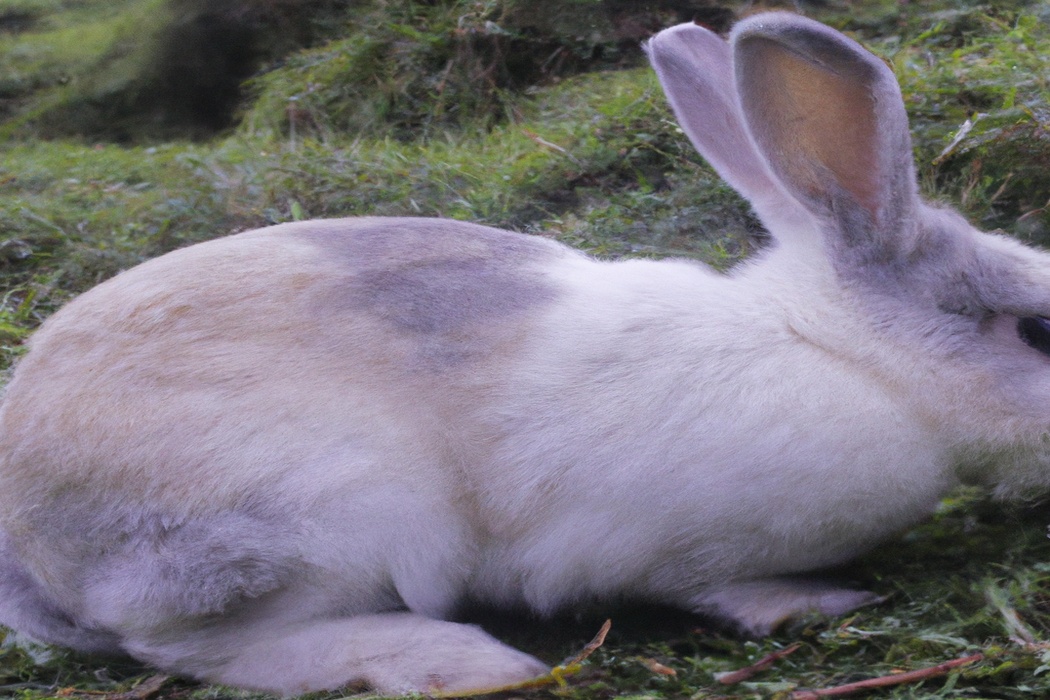
Frequently asked questions about feeding rabbits butternut squash
Can rabbits have butternut squash?
Yes, rabbits can have butternut squash as part of their diet.
It is important to introduce new foods slowly and in small quantities to prevent digestive issues.
Start by offering a small piece and monitor their reaction.
Remember to remove any seeds or skin before feeding it to your rabbit.
Butternut squash is a great source of vitamins and fiber for your furry friend.
Just make sure to offer it in moderation, as too much can lead to weight gain.
Always consult with your veterinarian before making any changes to your rabbit’s diet.
Final Verdict
Rabbits can indeed have butternut squash as part of their diet. This vegetable offers numerous nutritional benefits such as vitamins, minerals, and fiber.
However, it is crucial to introduce it gradually and in moderation to prevent digestive issues.
Always consult with a veterinarian and ensure that butternut squash is given as a supplement to a well-balanced rabbit diet. Remember, variety is key, and there are plenty of other safe and healthy vegetables for rabbits to enjoy.
So, go ahead and treat your furry friend to some delicious butternut squash, but do so responsibly and with their wellbeing in mind.

